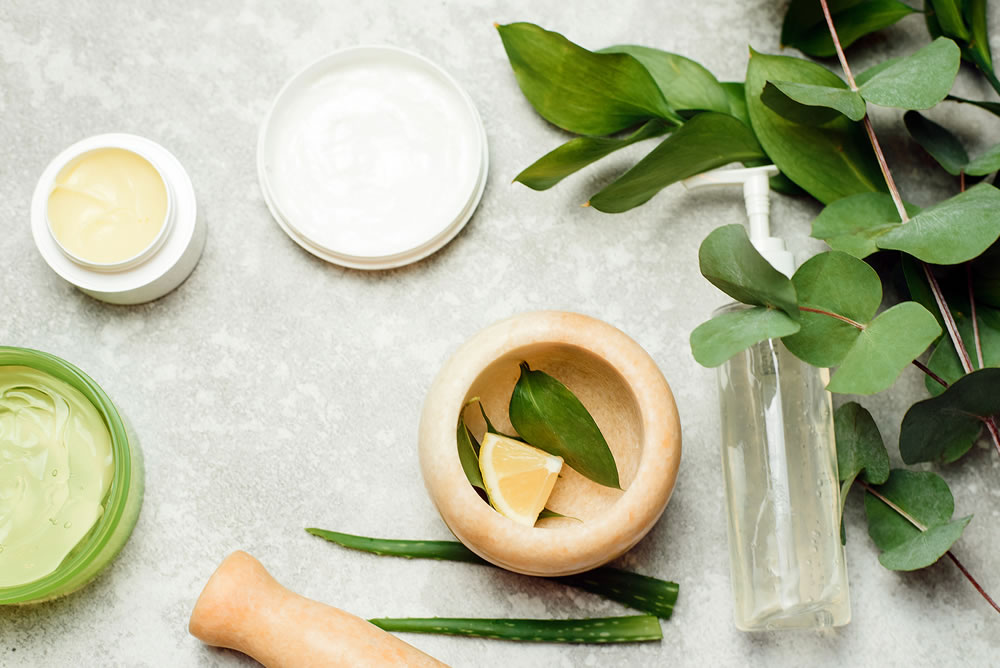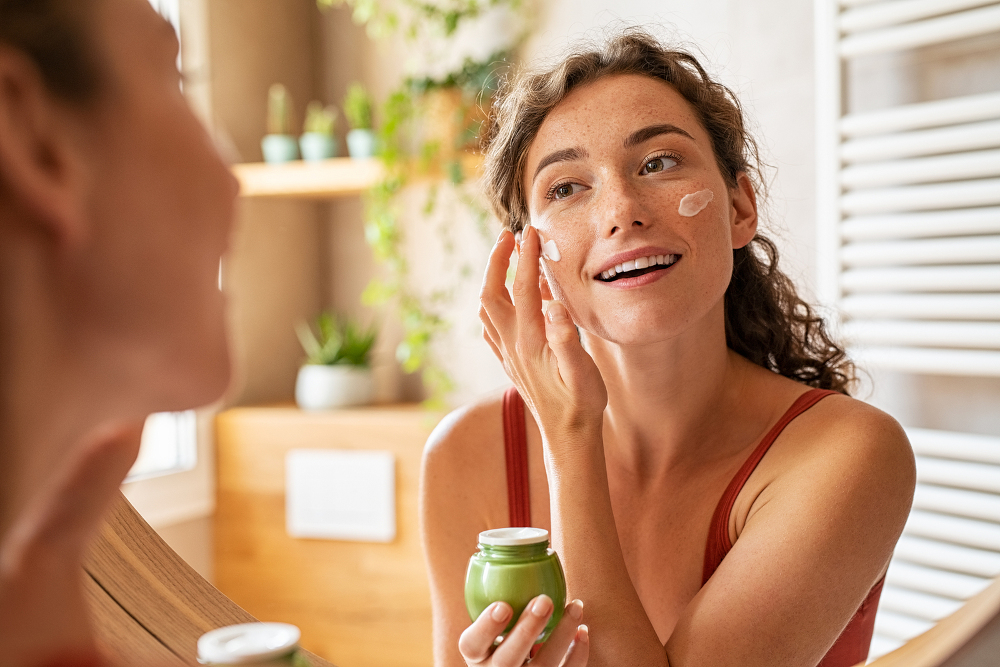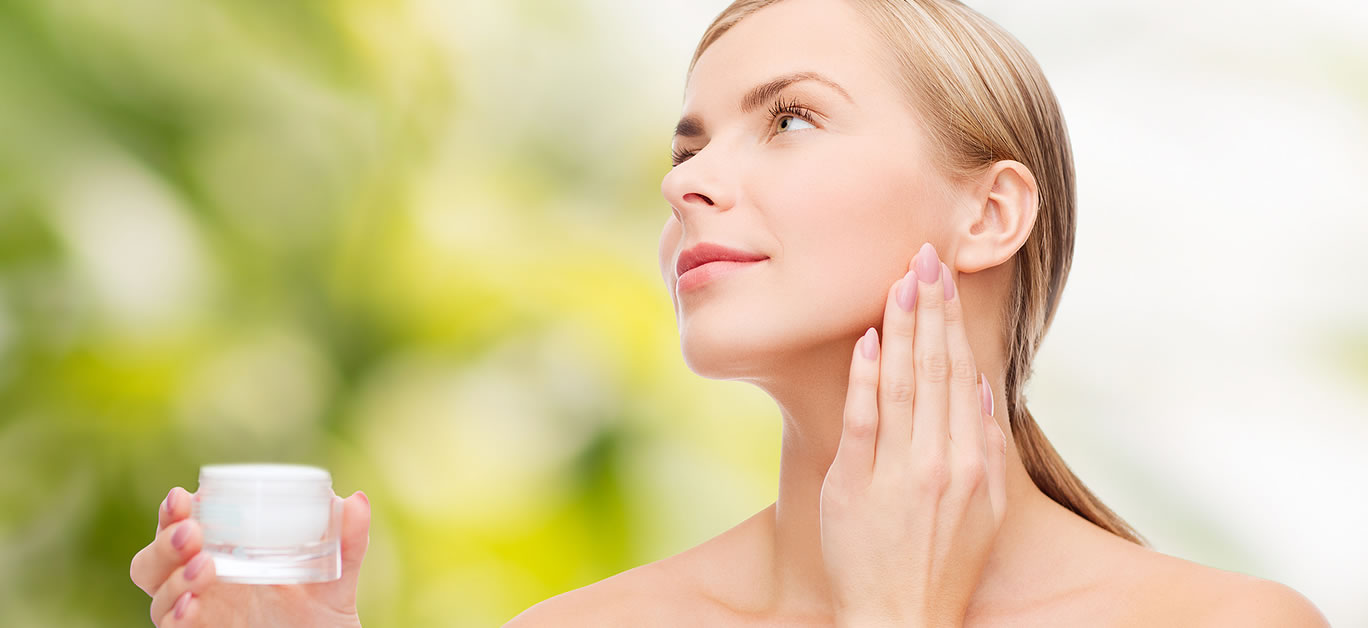Veganism has increased by 40 per cent in the last year alone as more of us than ever shun animal products in our diets. If you’re one of the many people giving veganism a go for the first time now, you may experience a period of adjustment as you explore your new lifestyle.
Once you’ve adapted to your new diet, you might look at incorporating vegan practices into other areas of life, including your household items and our beauty routines. Brands are taking notice of consumers looking to be more ethical in their wider lives – 82 per cent of new vegan products that were launched in 2020 were beauty products.
If you’re dipping your toe into veganism and vegan beauty for the first time, we have the lowdown on the most effective vegan ingredients in beauty and skincare, and cover some swaps for popular non-vegan ingredients that’ll help you hit your beauty goals.
The most effective vegan ingredients

When it comes to your beauty and skincare routines, you want your products to be effective as well as vegan. Look out for these powerhouse vegan ingredients for glowing skin.
Lactic acid
Most alpha-hydroxy acids (AHAs) are vegan, but it might come as a surprise to some that even most lactic acid is vegan. While it’s present in dairy products including milk and yoghurt, the lactic acid that is used in skincare is vegan. The benefits of this AHA were indeed discovered through using dairy products topically – famous queens including Cleopatra and Elizabeth I were said to have bathed in milk to enhance their complexion. But thanks to dermatologically formulated lactic acid, you don’t have to touch a dairy product to reap the benefits.
Vitamin C
This brightening, youth-enhancing ingredient is vegan in its many forms – including L-ascorbic acid and magnesium ascorbyl phosphate. Like many AHAs, it’s usually derived from fruits and plants and stabilised in the laboratory – a complex process. Vitamin C is considered a holy grail in skincare, so it’s good to know that you can incorporate it into your vegan routine. Its benefits include boosting your skin’s collagen production, brightening dull skin and dark spots, reducing fine lines, and smoothing texture.
Caffeine
Caffeine has been used for years in skincare and beauty products. It’s renowned for its ability to tighten up skin, meaning it’s a great ingredient for eye creams as well as body moisturisers. You can also find caffeine in newer beauty items like gradual tan lotions, where it offers tightening benefits alongside a golden tan.
Vegan beauty swaps

Some of our favourite beauty ingredients aren’t vegan. But you don’t need to worry – there are plenty of swaps you can make to incorporate vegan-friendly ingredients into your beauty routines.
Swap retinol for bakuchiol
Retinol, and its variations, is regarded as one of the most effective skincare ingredients out there. The vitamin A derivative encourages cell turnover in skin, which means churning out healthy, plump, new skin and reducing signs of premature ageing. But it’s a form of vitamin A that can only be found in animals, so it’s not vegan-friendly.
Bakuchiol, a plant-derived alternative, is soaring in popularity thanks to promising studies that show it could have the same effects as retinol. So if you’re obsessed with the results you get from your retinol, give bakuchiol a go.
Swap squalane for…squalane
Squalane is an underrated ingredient in skincare and beauty. It mimics our skin’s natural oils, making it an amazing option for dry skin babes because their skin doesn’t produce enough oil. Its similarities to our skin’s oils mean it won’t overwhelm oily skin either. Squalane has traditionally come from shark liver, but now plant-based formulas have been developed so you can reap the benefits of this nourishing ingredient without harming any sea life. Other popular hydrating ingredients, including hyaluronic acid, now also have vegan versions thanks to a surge in demand for vegan beauty.
Swap beeswax for plant-derived oils
Beeswax is a classic ingredient that’s used in everything from lip balms and lipsticks to body moisturisers and mascara. While it doesn’t come directly from an animal, it’s energy-intensive and not vegan due to the impact it can have on bees, as well as concerns surrounding how it is harvested. But the good news is you can take some work away from our busy bees and swap out beeswax for plant-derived oils such as vegetable oil (in makeup), avocado oil, jojoba seed oil, and argan oil (body care products). Synthetic beeswax also closely matches the texture and effects of the real deal.
As we become more aware of our impact on the world, we’re addressing the ethics and the sustainability of everything we consume. The vegan lifestyle has been steadily growing for years, and plant-based beauty has exploded more recently thanks to our passion for the planet. A lot of highly effective skincare and beauty ingredients are vegan or have vegan alternatives, so you can choose cruelty-free options that still give you the results you’re looking for.






















